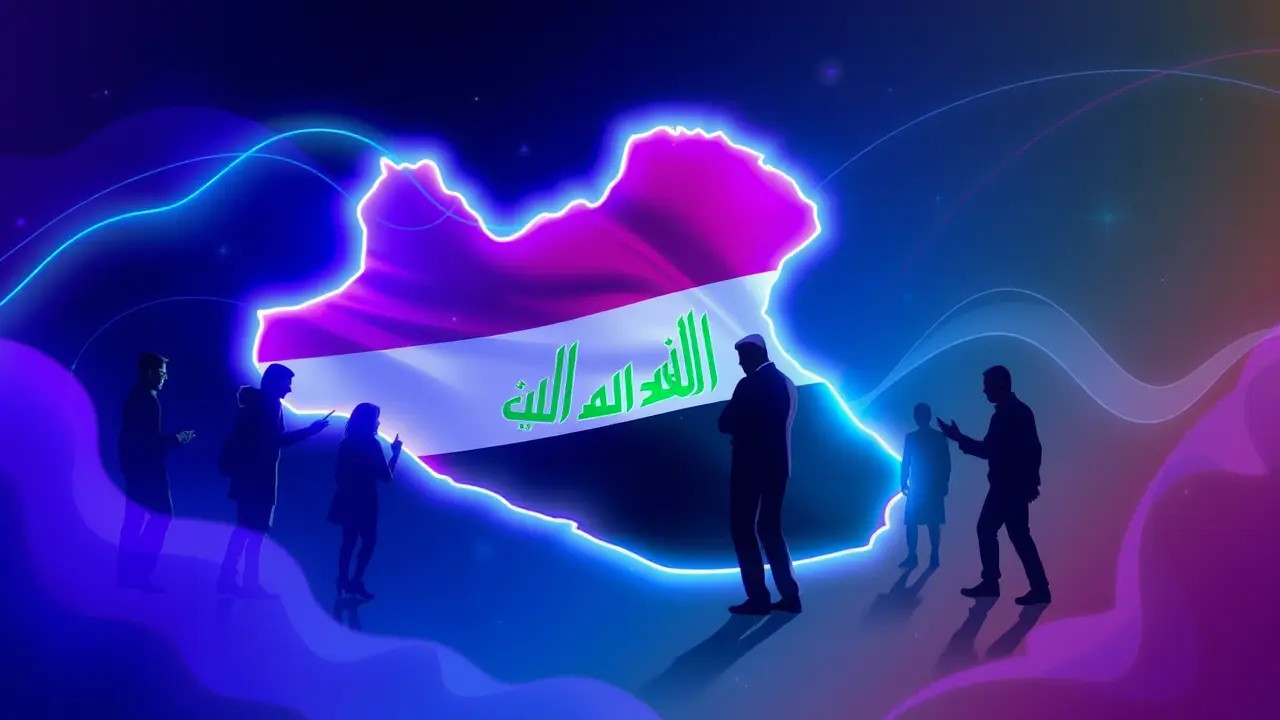
PoliticselectionsPresidential Elections
Iraq Begins Early Voting for Security Forces and Displaced Persons.
JO
John Parker
4 hours ago7 min read1 comments
Iraq has commenced a critical two-day early voting process for its security forces and internally displaced persons, a pivotal prelude to a general election that will fundamentally shape the nation's political trajectory amid escalating regional instability. With a staggering 7,744 candidates officially registered, this electoral contest represents far more than a routine political exercise; it is a direct referendum on the leadership of Prime Minister Mohammed Shia al-Sudani, whose bid for a second term unfolds against a backdrop of profound geopolitical friction and internal sectarian pressures.The decision to prioritize security personnel and displaced populations in early voting, a logistical maneuver employed in previous cycles, underscores the government's acute awareness of the volatile security environment and the symbolic importance of ensuring participation for those uprooted by years of conflict and ISIS insurgency. Al-Sudani's government, a fragile coalition brokered by powerful Shiite factions, has staked its legitimacy on promises of economic reform and public service delivery, yet his tenure has been persistently shadowed by the escalating shadow war between the United States and Iran, which plays out through proxy militias on Iraqi soil.The electoral outcome will determine not only domestic policy but also Iraq's delicate balancing act between Washington and Tehran, a diplomatic tightrope that has become increasingly precarious following recent airstrikes and militia attacks. Historical parallels to the 2010 and 2018 elections are inevitable, yet analysts note the current climate is uniquely charged, with the Gaza conflict radiating instability across the region and directly impacting Iraqi political calculus.Voter turnout, particularly among a disillusioned youth demographic weary of corruption and chronic unemployment, will serve as a key indicator of public faith in the democratic process itself. International observers from the United Nations are monitoring the proceedings, though their influence is limited by Iraq's fierce sovereignty concerns.The final tally, expected after polls close for the general public, will either grant al-Sudani a strengthened mandate to continue his agenda or plunge the country into a protracted period of coalition bargaining, a scenario that could create a dangerous power vacuum exploited by extremist elements and external actors. The very integrity of the vote is under microscopic scrutiny, with allegations of voter intimidation and procedural irregularities already emerging from opposition camps, threatening to undermine the result's legitimacy regardless of the winner. For the millions of Iraqis casting their ballots, this election represents a stark choice between continuity and upheaval, a decision that will resonate from the halls of Baghdad's Green Zone to the front lines of the ongoing regional cold war.
#Iraq
#elections
#early voting
#security forces
#displaced persons
#al-Sudani
#lead focus news
Stay Informed. Act Smarter.
Get weekly highlights, major headlines, and expert insights — then put your knowledge to work in our live prediction markets.
Related News
© 2025 Outpoll Service LTD. All rights reserved.














